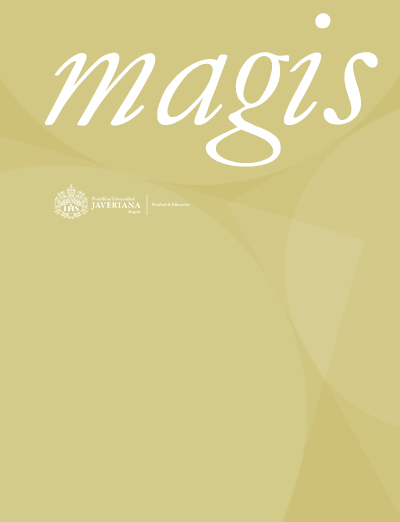Abstract
The practice of teaching has been a key scenario in the construction of professional identities.This study inquires into the way five student-teachers of English construct their professional identity in their teaching practice.Towards that end, a methodology of narrative investigation was employed, in order to analyze the realities experienced by the participants.The results suggest that aspects like violence in the classroom and the discourses of teachers, students and student-teachers emerge during the construction of identities.These constructions are a challenge to the dominant ways of teaching English and force the student teachers to confront their humane and tolerant ego in the classroom.

This work is licensed under a Creative Commons Attribution 4.0 International License.
Copyright (c) 2023 Edgar Augusto Aguirre-Garzón, Diego Ubaque-Casallas, Adriana Salazar-Sierra


